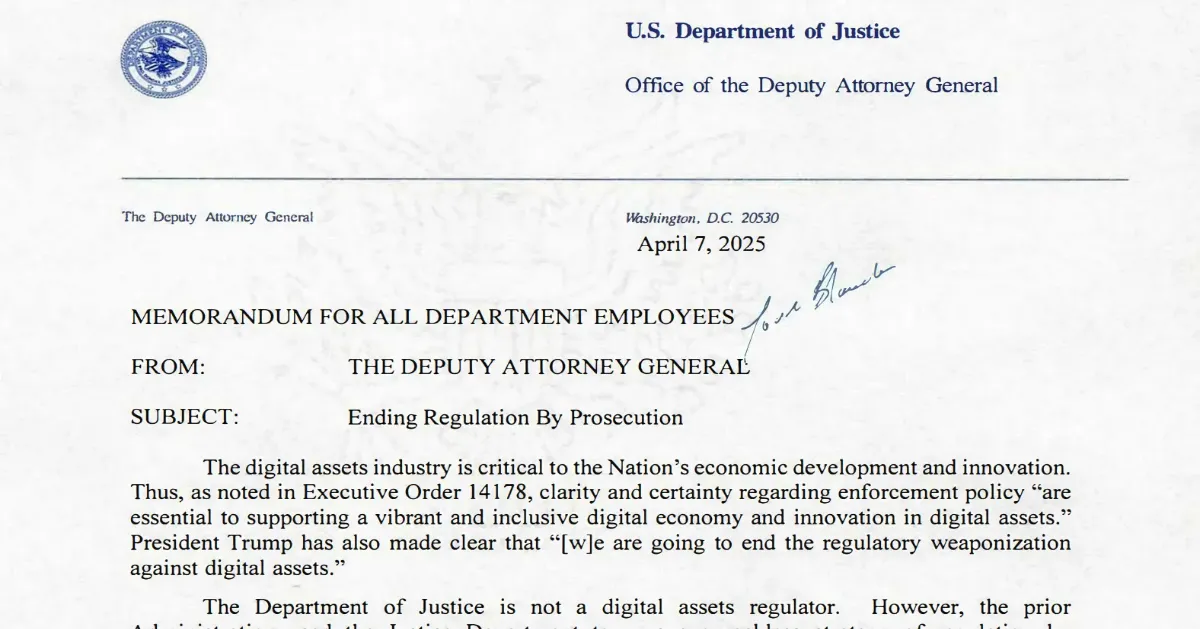Report: HR leaders say they feel pressured to enforce RTO policies
Return-to-office mandates have been unpopular among all kinds of employees, whether they work for the private sector or federal government. Despite vocal discontent, companies have generally pressed on with these policies—often tasking human resources and people teams with implementing and enforcing them. It turns out many of the HR leaders who seemingly promote these policies have their misgivings, according to a report from people management platform Leapsome. In a survey of about 1,000 leaders—who oversee HR teams in the U.S. and a handful of European countries—more than half said they were pressured by their company’s CEO to enforce RTO policies that required workers to be in the office for a set number of days. Those pressures were even greater among American companies, with 63% of HR leaders in the U.S. reporting that their CEOs had pushed them to embrace return-to-office mandates. And yet, an overwhelming majority of those leaders (81%) believe strict RTO policies are ineffective. In fact, 42% of them say flexibility is the most important element of enabling collaboration. That’s contrary to what many CEOs have preached as they brought employees back into the office. Most of the HR leaders surveyed also claim that allowing people to work where they want improves overall productivity. Employee resistance to RTO If anything, RTO policies can actually damage trust among workers, according to the report, and make it more difficult for employers to recruit new employees successfully—something HR leaders already seem to be experiencing. Sixty percent of them say that employees are resisting RTO mandates. Across private companies and federal agencies, stringent policies that mandate five days a week in the office have led employees to quit or look for new jobs. The Pew Research Center has found that nearly half of remote workers would leave their jobs if they could no longer work from home. Hundreds of Amazon workers who were surveyed in late 2024 said they were looking for other opportunities or planned to quit this year, in anticipation of the company’s new policy taking effect. And over the past two months, about 75,000 federal workers have accepted deferred resignation offers, partly driven by Trump eliminating remote work arrangements for all employees. Challenges of RTO implementation As some legal experts have pointed out, these RTO policies can also lead companies to inadvertently discriminate against certain employees, especially if mandates are enforced inconsistently; top performers who are considered more valuable may get more leeway when it comes to office attendance. The push to get employees back in the office also has an outsize impact on the people who benefited most from flexible working arrangements, from disabled workers to caregivers. It seems many HR leaders are acutely aware of this issue, not to mention what the ripple effects might be on workplace culture. More than half of the leaders surveyed said RTO mandates are “detrimental” for disabled workers and that those policies were at odds with company efforts to promote inclusion. The impact of the DEI backlash As conservative politicians and right-wing activists threaten diversity, equity, and inclusion initiatives across the workforce, about a third of HR leaders are also concerned about broader changes that could undermine DEI work, including budget cuts. The HR leaders who were surveyed argue that when workers see their employers cutting back on DEI programs, it can compromise performance and satisfaction and drive employees out of the company. (In a recent report from the research insights firm Gravity Research, many companies expressed concerns over how their employees would react to DEI cuts and that they felt pressured to make internal statements reaffirming their commitment to diversity, equity, and inclusion.) Corporate leaders may have their reasons for reevaluating their DEI efforts and embracing RTO mandates—but there can be real costs to making those changes.

Return-to-office mandates have been unpopular among all kinds of employees, whether they work for the private sector or federal government. Despite vocal discontent, companies have generally pressed on with these policies—often tasking human resources and people teams with implementing and enforcing them.
It turns out many of the HR leaders who seemingly promote these policies have their misgivings, according to a report from people management platform Leapsome. In a survey of about 1,000 leaders—who oversee HR teams in the U.S. and a handful of European countries—more than half said they were pressured by their company’s CEO to enforce RTO policies that required workers to be in the office for a set number of days. Those pressures were even greater among American companies, with 63% of HR leaders in the U.S. reporting that their CEOs had pushed them to embrace return-to-office mandates.
And yet, an overwhelming majority of those leaders (81%) believe strict RTO policies are ineffective. In fact, 42% of them say flexibility is the most important element of enabling collaboration. That’s contrary to what many CEOs have preached as they brought employees back into the office. Most of the HR leaders surveyed also claim that allowing people to work where they want improves overall productivity.
Employee resistance to RTO
If anything, RTO policies can actually damage trust among workers, according to the report, and make it more difficult for employers to recruit new employees successfully—something HR leaders already seem to be experiencing. Sixty percent of them say that employees are resisting RTO mandates.
Across private companies and federal agencies, stringent policies that mandate five days a week in the office have led employees to quit or look for new jobs. The Pew Research Center has found that nearly half of remote workers would leave their jobs if they could no longer work from home. Hundreds of Amazon workers who were surveyed in late 2024 said they were looking for other opportunities or planned to quit this year, in anticipation of the company’s new policy taking effect. And over the past two months, about 75,000 federal workers have accepted deferred resignation offers, partly driven by Trump eliminating remote work arrangements for all employees.
Challenges of RTO implementation
As some legal experts have pointed out, these RTO policies can also lead companies to inadvertently discriminate against certain employees, especially if mandates are enforced inconsistently; top performers who are considered more valuable may get more leeway when it comes to office attendance.
The push to get employees back in the office also has an outsize impact on the people who benefited most from flexible working arrangements, from disabled workers to caregivers. It seems many HR leaders are acutely aware of this issue, not to mention what the ripple effects might be on workplace culture. More than half of the leaders surveyed said RTO mandates are “detrimental” for disabled workers and that those policies were at odds with company efforts to promote inclusion.
The impact of the DEI backlash
As conservative politicians and right-wing activists threaten diversity, equity, and inclusion initiatives across the workforce, about a third of HR leaders are also concerned about broader changes that could undermine DEI work, including budget cuts.
The HR leaders who were surveyed argue that when workers see their employers cutting back on DEI programs, it can compromise performance and satisfaction and drive employees out of the company. (In a recent report from the research insights firm Gravity Research, many companies expressed concerns over how their employees would react to DEI cuts and that they felt pressured to make internal statements reaffirming their commitment to diversity, equity, and inclusion.) Corporate leaders may have their reasons for reevaluating their DEI efforts and embracing RTO mandates—but there can be real costs to making those changes.












![31 Top Social Media Platforms in 2025 [+ Marketing Tips]](https://static.semrush.com/blog/uploads/media/0b/40/0b40fe7015c46ea017490203e239364a/most-popular-social-media-platforms.svg)

















































































































































































![How to Find Low-Competition Keywords with Semrush [Super Easy]](https://static.semrush.com/blog/uploads/media/73/62/7362f16fb9e460b6d58ccc09b4a048b6/how-to-find-low-competition-keywords-sm.png)



